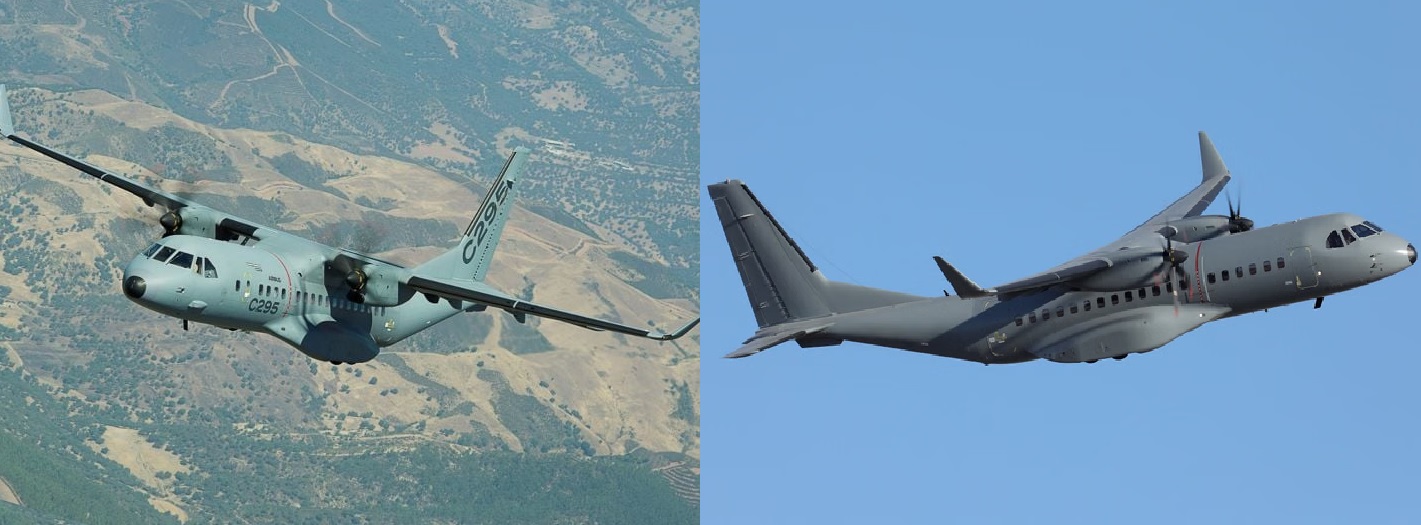GTRE Pioneers India's First Indigenous Anti-Icing Technology for Aero Engines

In a landmark achievement for aviation safety, the Gas Turbine Research Establishment (GTRE) has successfully developed India's first indigenous anti-icing technology for aero engines. This development marks a significant step forward in addressing a critical safety issue that has long plagued aviation worldwide: the formation of ice on aircraft and engine surfaces.
When aircraft fly through clouds containing supercooled water droplets, these droplets can freeze upon contact with the aircraft's surfaces. This accumulation of ice disrupts airflow, compromises aerodynamic performance, and can severely impact flight stability and engine functionality. Historically, icing has been a contributing factor in numerous fatal aviation accidents.
To mitigate these risks, aircraft and engines are equipped with ice protection systems. Anti-icing systems, in particular, work by heating surfaces to prevent ice from forming. These systems typically use electricity or hot air from the engine compressor to maintain the necessary temperatures. Until now, India lacked the capability to develop such advanced technology domestically.
GTRE's project focused on creating a hot air anti-icing system specifically designed for modern gas turbine engines, suitable for both manned and unmanned aircraft. The primary targets for this system are critical components such as the engine inlet casing's struts and bullet noses, which are particularly vulnerable to ice buildup.
The development process was notably swift, thanks to a blend of conventional and additive manufacturing techniques. GTRE produced two test pieces of the engine inlet casing within a remarkably short timeframe. These pieces featured four different anti-icing designs, facilitating an efficient validation process through icing wind tunnel tests.
Validation of the design methodology was a rigorous process. GTRE conducted extensive testing at the CIRA facility in Italy, where the test hardware demonstrated its anti-icing capabilities under simulated icing conditions. The results were conclusive, meeting all necessary certification requirements.
This technological breakthrough equips GTRE with the expertise to design anti-icing systems for any advanced gas turbine aero engine. Their capabilities now include conducting numerical studies to calculate crucial icing characteristics, such as water catch efficiency, which are vital for the development of aero-engine and aircraft programs.
The implications of this indigenous technology are profound. It promises to significantly enhance the safety and operational capabilities of both military and civil aviation in India. Moreover, this achievement underscores India's growing self-reliance in critical aerospace technologies, paving the way for future advancements in the field.
GTRE's success in developing this anti-icing technology is a testament to India's commitment to advancing its aerospace capabilities and ensuring the safety of its aviation operations.
✍️ This article is written by the team of The Defense News.






